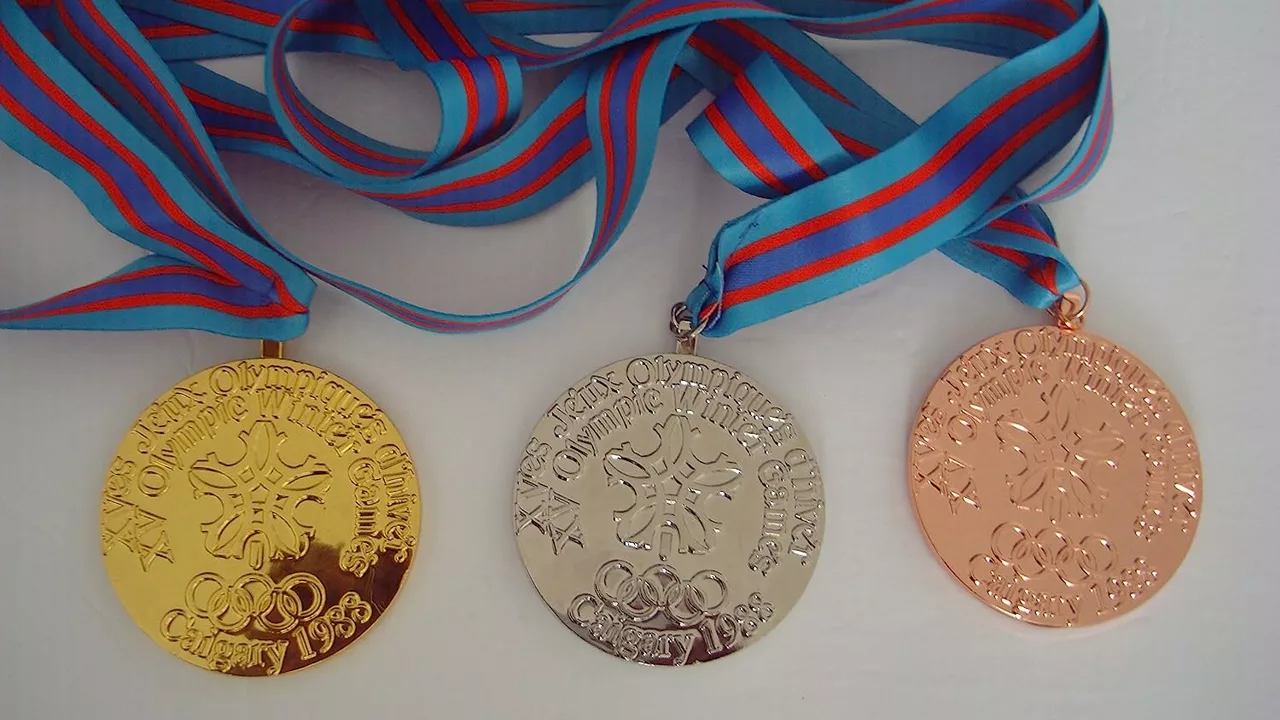Bronze Medals – Judo Achievements at Rochdale Judo Club
When talking about bronze medals, the third‑place awards earned in judo tournaments. Also known as third‑place honors, they represent a solid step on the path to higher ranks and confidence on the mat. A judo competition, any organized event where judokas face off under official rules provides the stage for these honors. Rochdale Judo Club, a community hub for beginners to elite athletes in Greater Manchester trains its members to turn practice rolls into podium finishes. bronze medals mean an athlete has mastered enough technique, balance, and timing to out‑perform most of the field, even if the gold still eludes them. This achievement signals readiness for more advanced throws, stronger conditioning, and deeper tactical study. In short, bronze medals encompass personal growth, club pride, and a benchmark for future goals. Below you’ll see how this tag pulls together stories of athletes who turned effort into third‑place success.
Why a Bronze Medal Matters for Every Judoka
Earning a bronze medal isn’t just about a metal ribbon; it’s a proof point that the athlete can execute key moves under pressure. For example, a junior competitor who lands an O‑soto‑gari late in the bout and secures a win demonstrates the timing required at higher levels. At Rochdale Judo Club, coaches track each student’s progression by matching their skill set to the criteria that earn a bronze – consistent grip fighting, effective break‑falls, and a solid repertoire of pins and chokes. When a member steps onto the podium, the club’s training plan gets validated, and the athlete gains confidence to tackle the next challenge, be it a national qualifier or a senior division. The link between club training methods and medal outcomes is clear: structured drills, regular randori, and competition simulation all feed directly into the ability to claim third place. This cause‑and‑effect relationship shows why clubs highlight bronze medals in their newsletters and why prospective members look for clubs with a track record of podium finishes.
The collection below gathers posts that explore everything from uniform rules to strategic comparisons between martial arts, all of which shape an athlete’s path to a bronze medal. Readers will find practical advice on preparing for tournaments, insights into the mental game of competing, and real‑world examples of how Rochdale Judo Club’s training environment turns dedication into measurable results. As you scroll, notice how each article ties back to the central idea of earning that coveted third‑place spot and how the club’s community supports every step of the journey.
Why two bronze medals are given in some sports in Olympics?
In the Olympics, it's intriguing to note that some sports award two bronze medals instead of one. This practice is common in sports like boxing, judo, taekwondo and wrestling. The reason behind this is that these sports follow a double elimination format, where competitors are allowed to continue even after one loss. So, two competitors end up in the third place, each earning a bronze medal. This ensures fairness and gives athletes an extra opportunity to prove their mettle.
